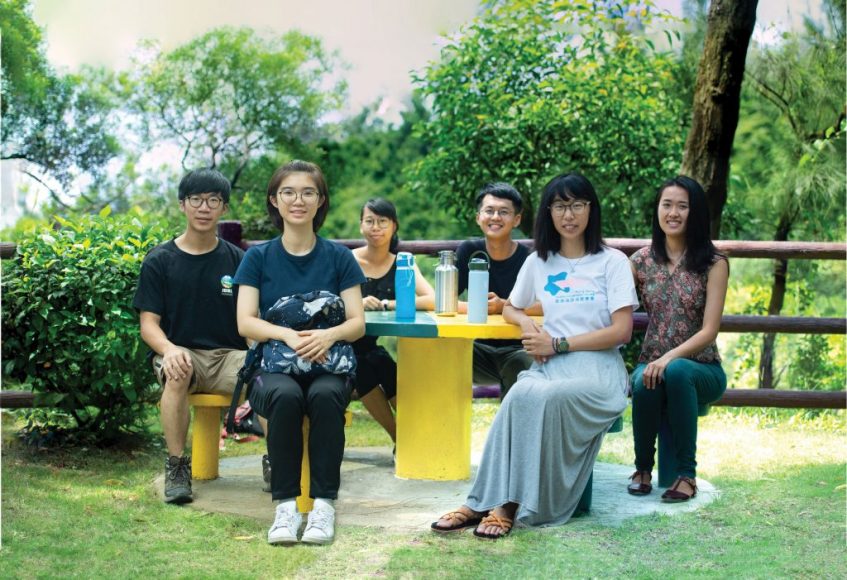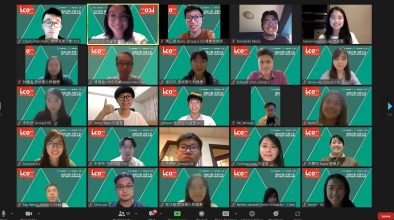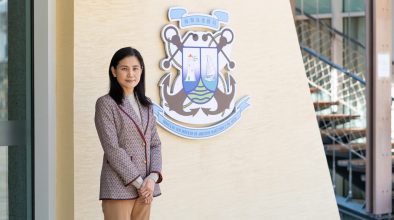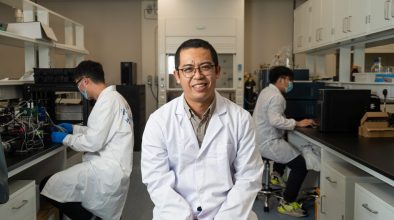As Macao is catching up with the global environmental movement, we talk to six young eco-warriors who are fighting for a greener future in the SAR.
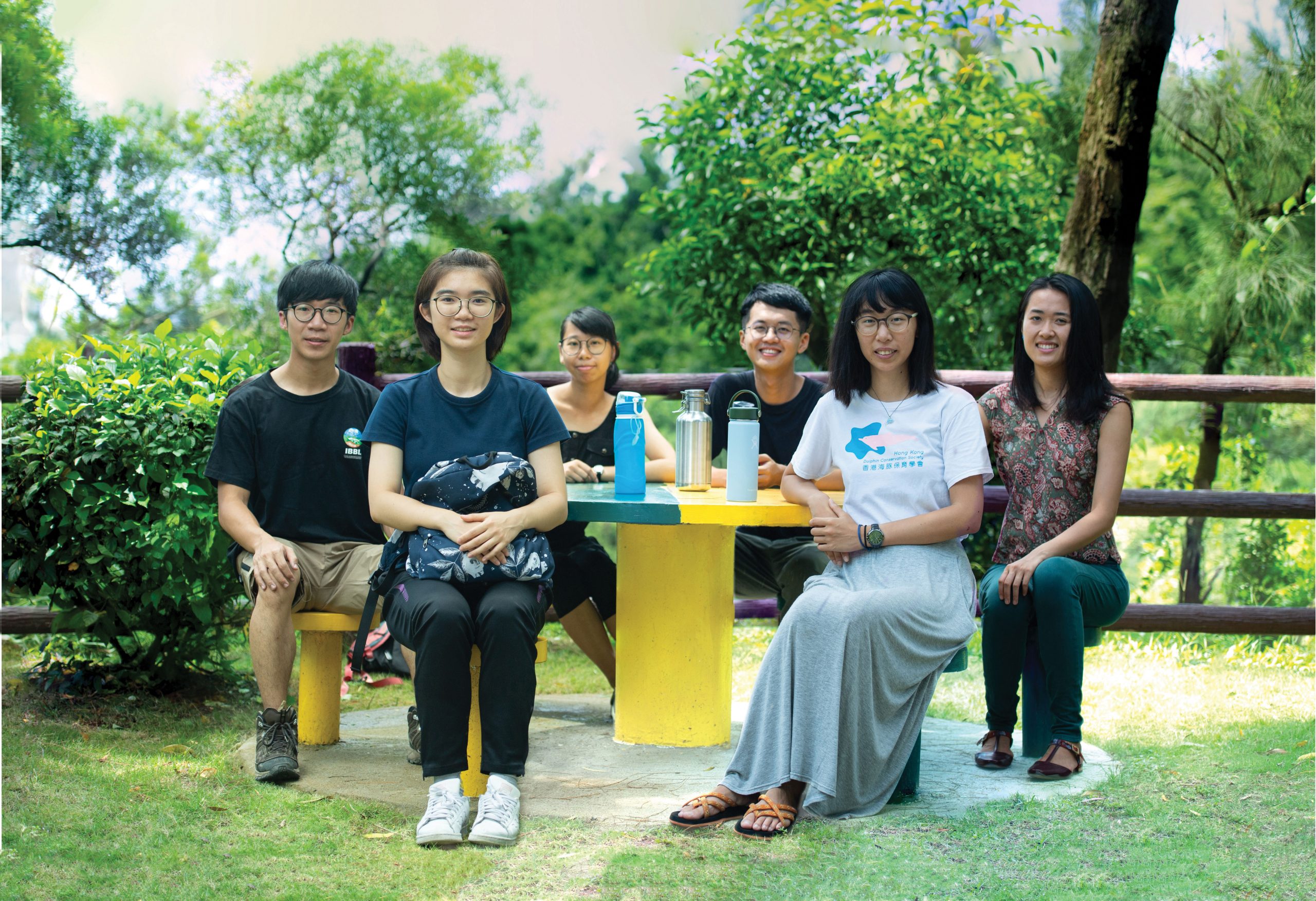
The world may still be debating whether climate change is real and whether we really do need to make great changes for a more sustainable future – but one fact is clear: we must look after our planet better than we’ve ever done before if we want to continue living here for many generations. And Macao is no different. There are plastics in our waters that threaten wildlife and rubbish in our streets, parks and beaches that need to be constantly cleared up. Plus, there are animals we need to protect and food we need to stop wasting. It’s fortunate, then, that there’s a growing army of young people in the SAR who are dedicating their lives to protecting the environment.
Welcome to Macao’s young environmentalists. These people, many still students, work tirelessly to promote awareness and protect the environment, often working voluntarily and often toiling away despite great adversities. Take this sextet of young eco-warriors. Each one of them has been inspired in some way to join the local or global fight to clean up our cities, towns and planet and to treat nature with more respect. But don’t take that from us. Here are their stories…
The eco-campaigner
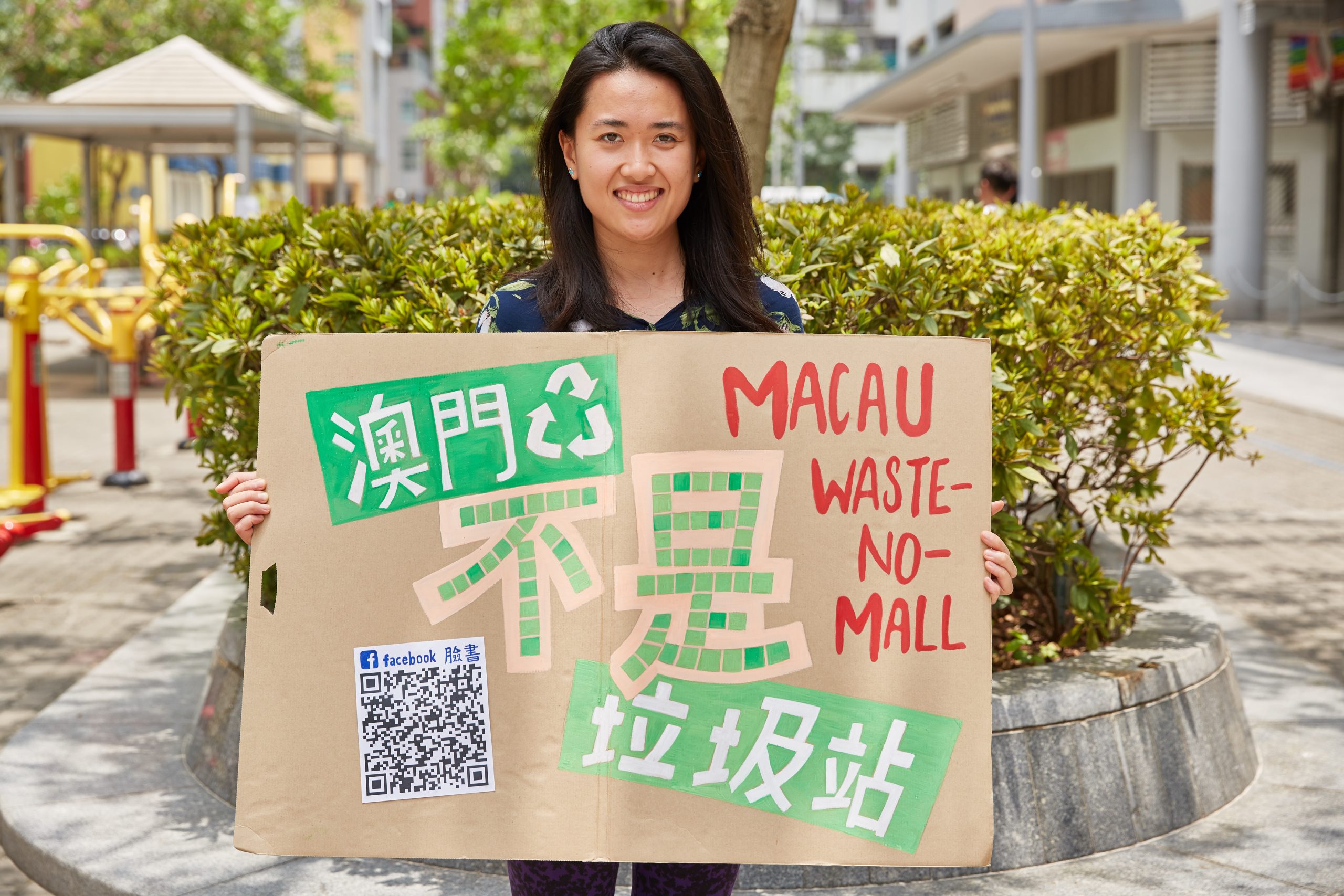
On Friday, 15 March, Annie Lao took the 9am ferry from her hometown of Macao to Hong Kong. She carried a homemade board on which she had painted a cartoon planet Earth holding a thermometer. Next to the picture, a slogan read: ‘Macao is with you’. She got off in Hong Kong and on her way to Chater Garden in the city’s Central district, the 30-year-old came across hordes of young people from across the region who were also holding boards with slogans that read ‘Save our Earth’, ‘Protect our future now’ and ‘There is no planet B’. Other props included figures of dolphins and turtles, creatively made from plastic waste collected during beach clean-ups.
Lao continued to Chater Garden and joined thousands of other young people, many skipping school but all sharing one common goal: to protect the environment and make our world a better place. These children and young adults were among the one million young people who attended the first ever Global Climate Strike for the Future across more than 125 countries and cities. They participated in demonstrations known as Fridays for Future to demand action against global warming and climate change.
The international Fridays for Future movement began after 16-year-old Swedish girl Greta Thunberg last year staged lone protests every Friday outside her country’s parliament, holding a sign that translated to ‘School strike for the climate’. In the beginning, she was alone. But as news spread across the world, Thunberg became a symbol of determination and positive action when it comes to climate change and the environment. To Lao, Thunberg is a huge inspiration. “She is just an ordinary girl,” she says, “but she also has determination and persistence. She has woken up many people to the reality of looking after the environment. She proves that young people can also take the lead in the fight against climate change.”
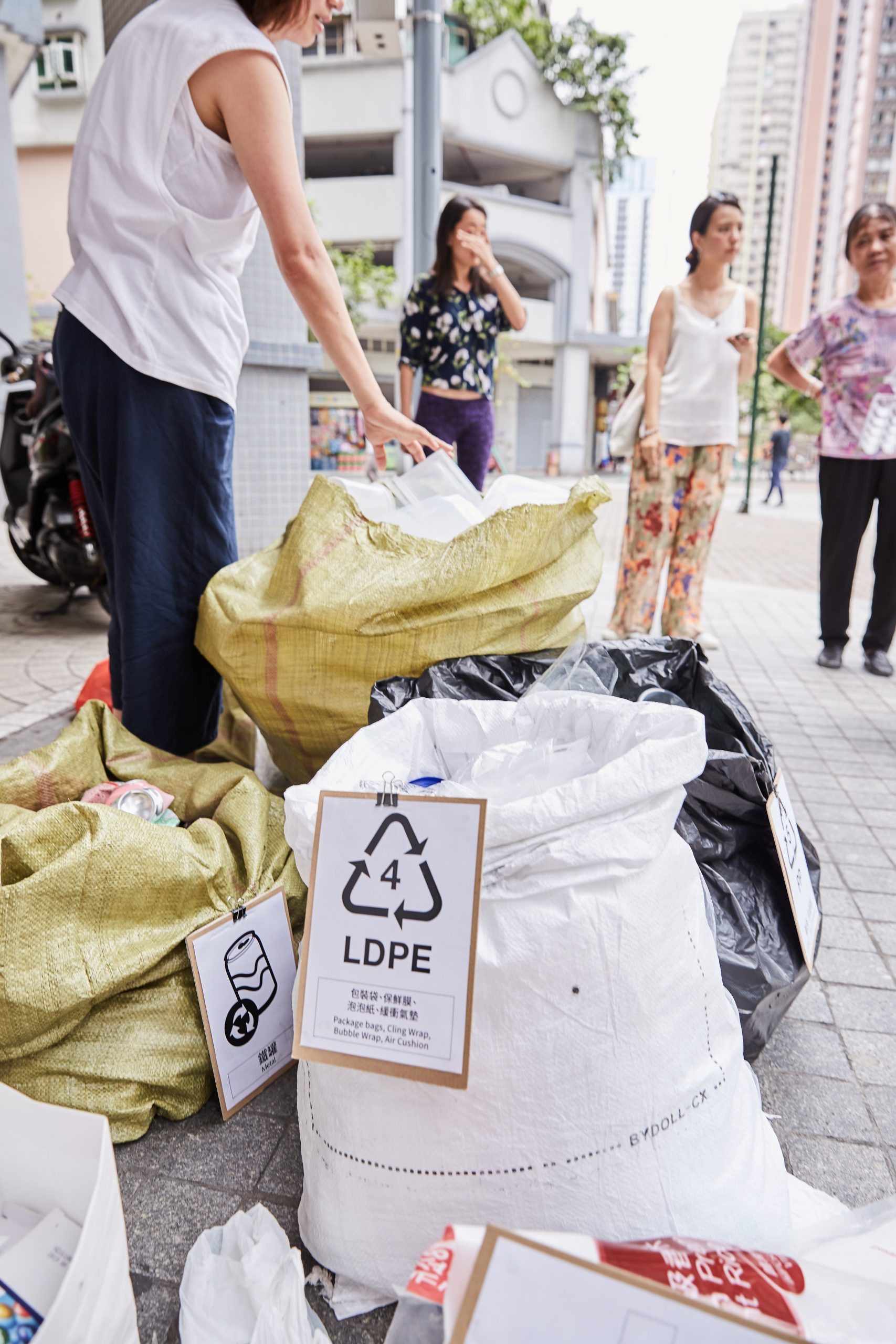
Although Fridays for Future has yet to take place in Macao, the amount of young people involved in protecting the environment in the city is gathering pace, from those who are tackling plastic pollution, wildlife protection and waste management to those promoting a more eco-conscious lifestyle. David Gonçalves, dean of the Institute of Science and Environment at Macao’s University of Saint Joseph, is optimistic about these positive developments when it comes to young people’s attitudes in our SAR. “Sometimes, things take more time to happen than we would like,” he says, “but we can certainly see a movement happening in Macao. It’s good because it’s a movement among the younger generations.”
Lao speaks with enthusiasm and passion about tackling the environmental issues faced by Macao and the planet as a whole. The eco-activist found her calling after spending four years in Australia completing her degree in commerce at the University of Sydney between 2008 and 2012. “I encountered the most beautiful nature in Australia – fresh air, blue skies and clear waters, “she says. “I felt a strong responsibility to protect it.”
On her return to Macao from university, Lao vowed to do what she could for the SAR’s environment. She soon realised that municipal waste – especially plastic waste – was the most pressing issue for the city to tackle. Last year, according to a government report, the level of municipal waste created in Macao reached 522,548 tonnes, which translates to 2.17kg of solid waste per person per day. The report also indicated that while organic waste – 39.5 per cent – accounted for the most waste produced in the city in 2018, plastic waste – 22.5 per cent – was a close second. Lao believes that the city urgently needs a solution to the problem.
In late January this year, Lao and several of her like-minded friends launched the Macau for Waste Reduction campaign – initially known as Macau Waste-No-Mall – on Facebook, aiming to promote awareness on how to recycle and reduce waste correctly and responsibly. And from March, the campaign began to host a recycling station in the centre of the city every second Saturday of the month in a bid to collect recyclable plastics, aluminum cans and paper from the community. “Although the government has set up recycling bins to collect plastic, metal and paper everywhere in the city,” explains Lao, “people often don’t pay attention to them and throw random rubbish inside. But during our events, our members are there to answer questions, ensuring all items that are collected are clean and properly sorted.”
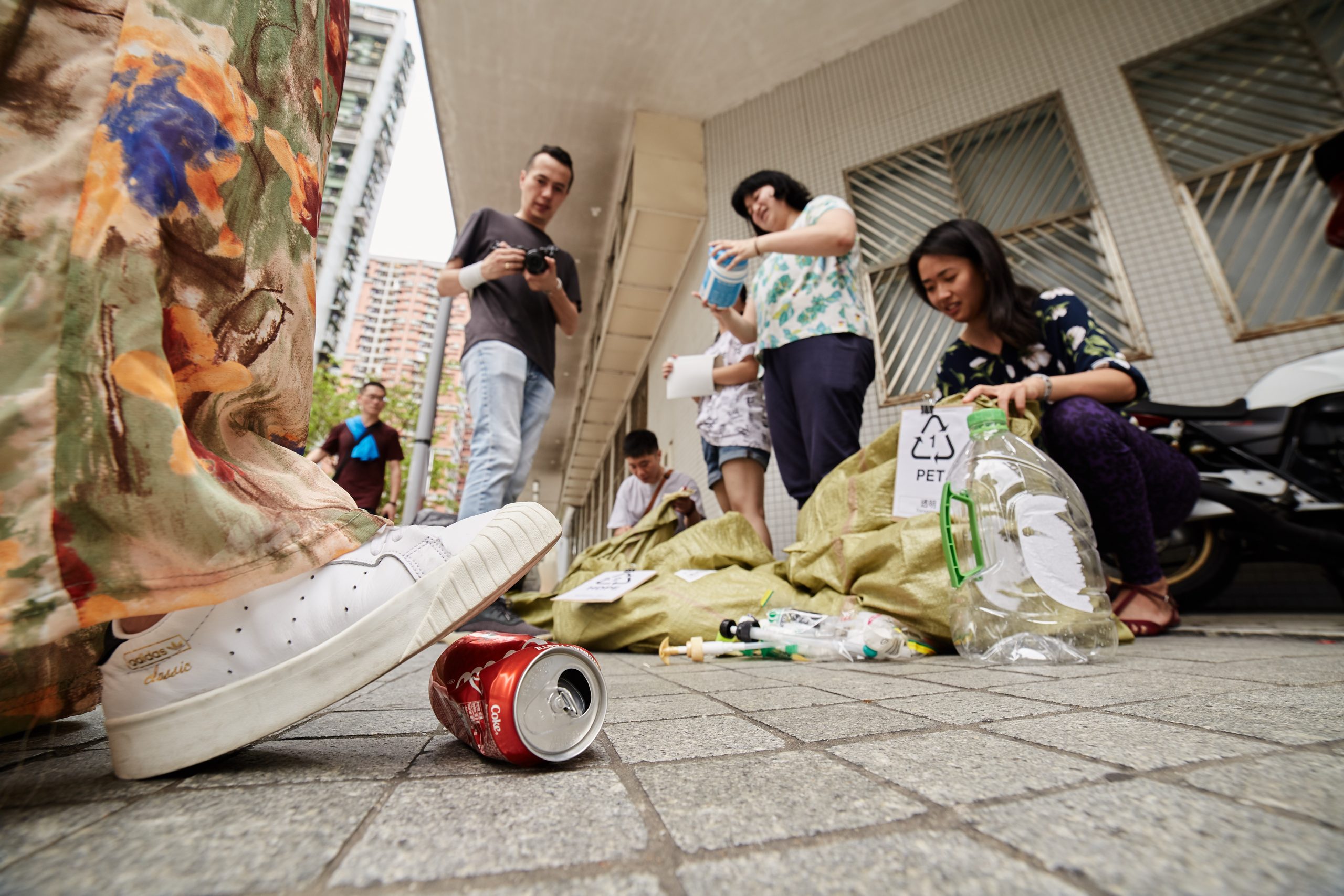
According to Lao, the collected items are sent directly to local recycling companies, where they are broken down into raw materials or exported to other countries for recycling. “Instead of dumping them at the city’s incinerators,” she says, “we want to try our best to ensure that these resources can be reused and, more importantly, we want to make people understand that they have to be responsible for the waste they have produced.” Lao claims that plastic takeaway boxes and plastic bottles are usually the most collected items during their events. But she stresses that people can’t just take recycling as a guilt-free solution. Instead, they should try to reduce their waste. “I think people need to know that it is very wasteful for these boxes or bottles to be used just one time,” she says. “Also, research has proved that plastic containers can be harmful to your health.”
The eco-business owner
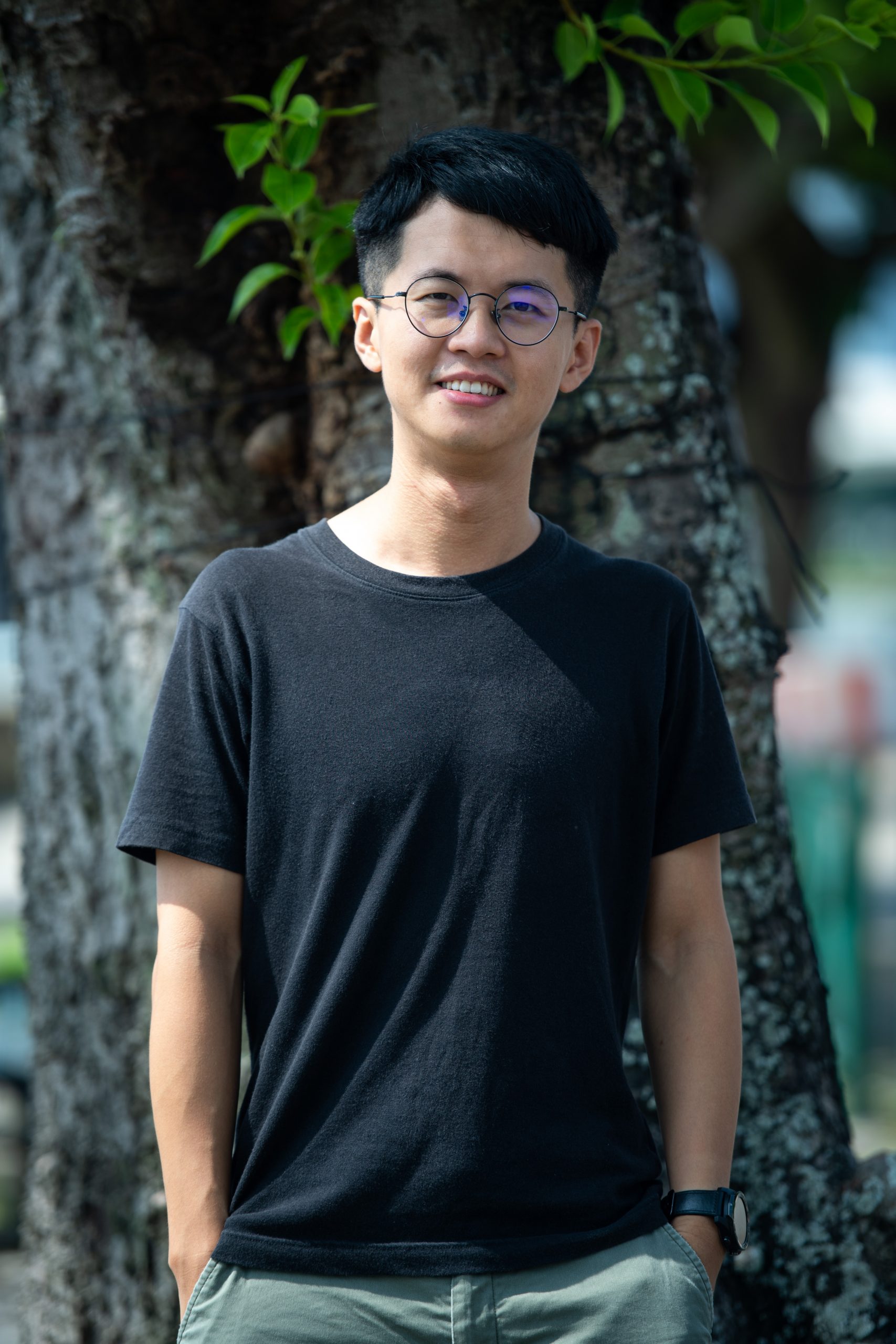
Another young eco-warrior who shares Lao’s concerns over Macao’s plastic waste is Sonic Pun, the vice-chairman of the Macao Environment Protection Volunteer Association and the founder of Stuffbox Natural Friendly Store. Also 30 years old, Pun read about the environmental problems caused by humans when he was in secondary school and became determined to help the environment. Issues like ‘white pollution’ – a term that refers to the pollution caused by white plastics and polyfoam – concerned him greatly and he just wanted to do anything he could to help clean up the world. “When I was 14,” he says, “I told my friend that I wanted to be a street cleaner when I grew up.”
In 2012, Pun returned to Macao after finishing an environmental management degree overseas. Despite having difficulty finding a relevant full-time job, he regularly volunteered for environmental work. In 2015, his ambition was realised, however, when he became the vice- chairman of the Macao Environment Protection Volunteer Association, a local NGO that regularly organises beach clean-ups, visits to conservation zones and tours around environmental facilities. A year later, Pun noticed that in Taiwan and Hong Kong, more people were joining in the fight to reduce plastic waste, plus there was a global movement whereby eco-friendly products had become a trendy option for those who wanted to pursue a zero-waste lifestyle. “I think it’s time for Macao to catch up,” he said at the time – and he still believes this. In fact, he’s on a mission to make sure the city does indeed ‘catch up’.
Pun launched his start-up business, Stuffbox Natural Friendly Store, on Facebook in 2016 and there has been steady growth in the company up to today. Stuffbox sells reusable food bags and containers – products that lead to a less wasteful and more environmentally conscious lifestyle. The activist-turned-entrepreneur admits that he doesn’t have a concrete strategy to boost his business at the moment but he’s confident that it will thrive as long as the eco-lifestyle trend continues to grow in Macao.
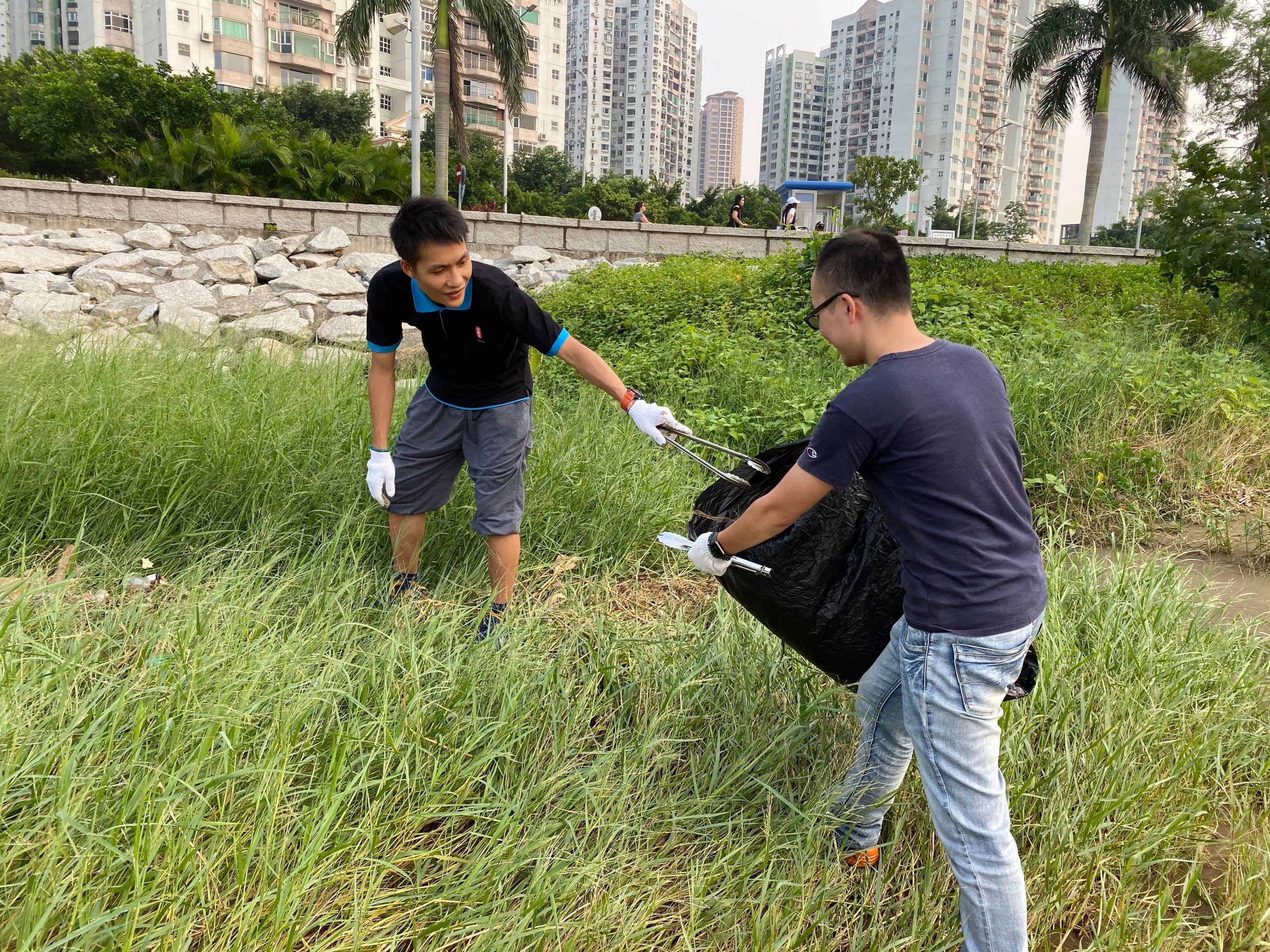
After running the online shop for a year, Pun created the Facebook group Macau Less Plastic Lifestyle to further promote eco-awareness and to provide a platform for like-minded people to exchange ideas. After two years, the group has now drawn more than 9,400 members. “As the group admin,” says Pun, “I keep posting lifestyle tips and the latest environmental news reports on the group page. But what I didn’t expect is that people have started to share photos of themselves shopping with reusable containers. They have even exchanged second-hand items on the page.”
While Pun’s membership on the page is expanding, so is his business. Last year, he launched the first physical shop of Stuffbox Natural Friendly Store inside a commercial building in Nape and in July, he relocated to a bigger store near Lou Lim Ieoc Garden. It now sells a range of eco, vegan and fair-trade products. Despite his success, though, he admits that the future of eco-friendly stores is still uncertain in Macao. “It always takes time to change people’s perceptions and habits,” he says. To this end, Pun has just made a further step towards promoting the zero-waste culture by establishing the Macau Less Plastic Lifestyle Association through which he will host workshops and big-scale events to raise awareness.
The eco-influencer
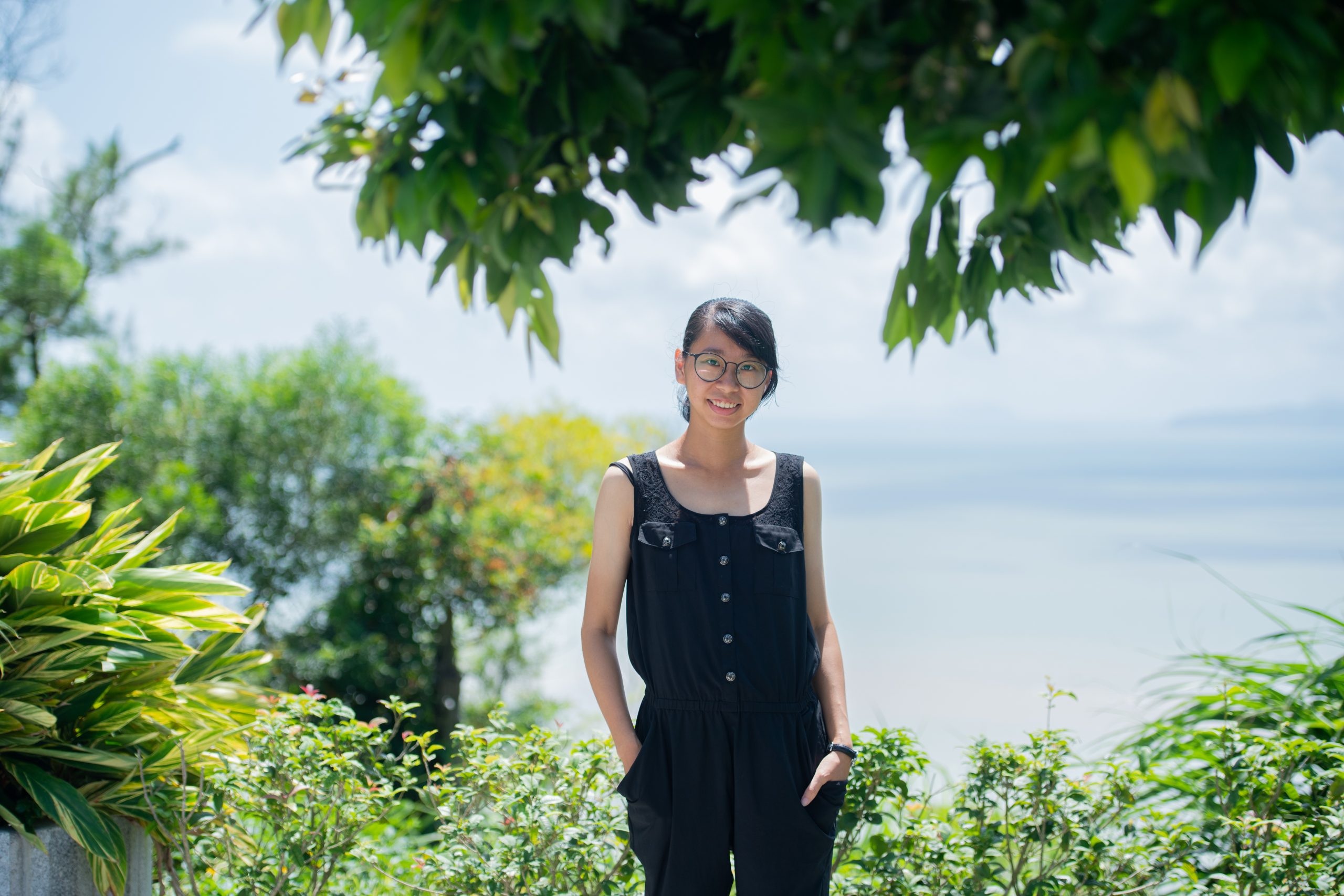
Queenie Fok is a master at organising events. The 29-year-old joined Green Future Macau, a local environmental NGO founded in 2012, after completing her degree in environmental science at Nanjing University earlier the same year. She says she became interested in environment protection when she was a school student. “At first, I started to notice that Macao was really lagging behind in recycling,” she says. “But as I became more informed, I realised the solution really lies in waste reduction and upholding a green lifestyle.” Fok says she was eager to promote such concepts through Green Future, especially when she was appointed as the NGO’s chairman a year later.
Fok’s first activity as chairman was the Secondary Students Eco Protection Knowledge Competition (Green Cup) in 2013. Just under 500 students from more than 20 secondary schools in the city took part in the first major competition about ecological knowledge in Macao. Fok and her team were amazed by the well-rounded knowledge of the young participants during the event but they also worried that such knowledge might not be translated into real actions. “After the event,” she says, “we reflected a lot on what direction Green Future wanted to go for. I think it’s more important to demonstrate practical actions than to only boost knowledge and information.”
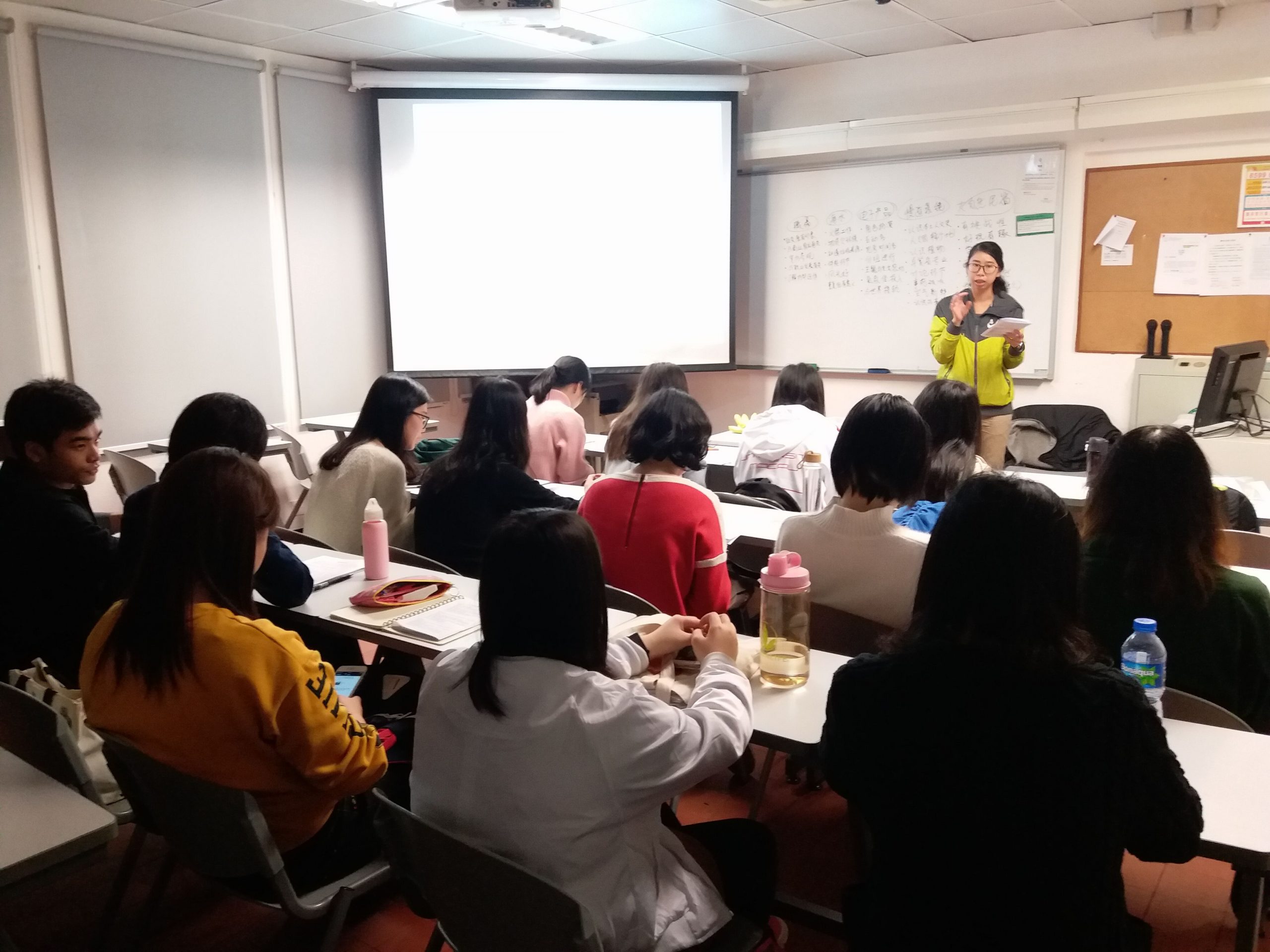
Since the competition, Green Future has organised interactive events like beach clean-ups and vegetarian food and upcycling workshops around the city. But one particular programme that means a lot to Fok is Green Project Macau. Since 2014, this programme has recruited around 30 students between January and June each year to take part in events and activism campaigns, as well as exchange tours on the Mainland. “Over the past six years,” says Fok, “we have realised that with less participants in an activity, we can explore an issue more deeply and influence them better.” Fok notes that the participants have been influenced to change their everyday habits, such as bringing their own lunchboxes with them to events.
The eco-charity worker
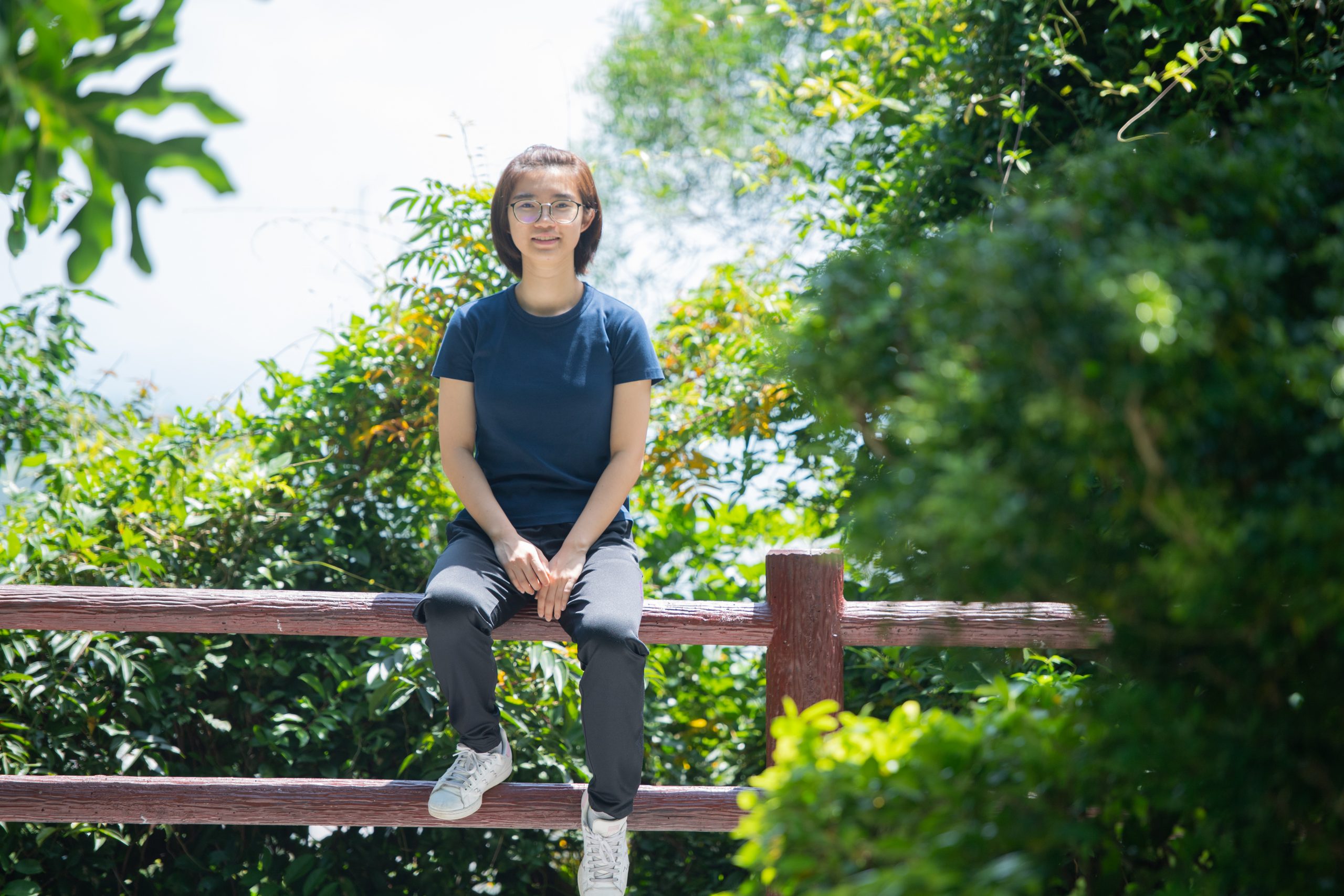
Vanessa Leung, a long-time volunteer who graduated from Macao’s Pui Ching Middle School in June, says she has had an ‘inspirational experience’ over the past two years. Now a medical student at Shanghai Jiao Tong University, Leung says she developed an interest in conservation after taking part in an ongoing Leftover Vegetables Programme that’s hosted by The Salvation Army and Oxfam in Macao. Since she was in primary school, she has been a member of the Pui Ching Volunteer Team, participating in community activities such as visiting homes for the elderly or for children. Last year, she was named the team’s vice-captain. “As a student,” says the 18-year-old, “my contribution may be limited but I really enjoy helping people and I think I have made good use of my free time.”
Last year, Leung went from just taking part to actually leading a group of eight school pupils in the Leftover Vegetables Programme. Over the course of a year-and-a-half, the group visited the Bairro Iao Hon Municipal Market in the north of Macao twice a week, from 6.30pm each night, using three trolleys and six baskets to transport 30kg of vegetables to the nearby Salvation Army centre. There, they packed the food into bags so that beneficiary families could collect them later. Leung recalls that she was always overwhelmed to see the massive amount of good food which remained in the market at the end of each day. “They looked the same as the vegetables that my mother would buy during the day,” she says. “I can’t imagine throwing them all away.”
Leung realised that the amount of leftover food they collected was only the tip of the iceberg. To make matters worse, she found that sometimes the beneficiary families could not even consume all of the food the group brought to the centre for them. Instead of leaving the problem to The Salvation Army, however, Leung and her team decided to take action. They reached out to associations in the Iao Hon district and, finally, the General Union of Neighbours’ Association of Macau agreed to take in some of the vegetables they collected and distributed them to more families in need.
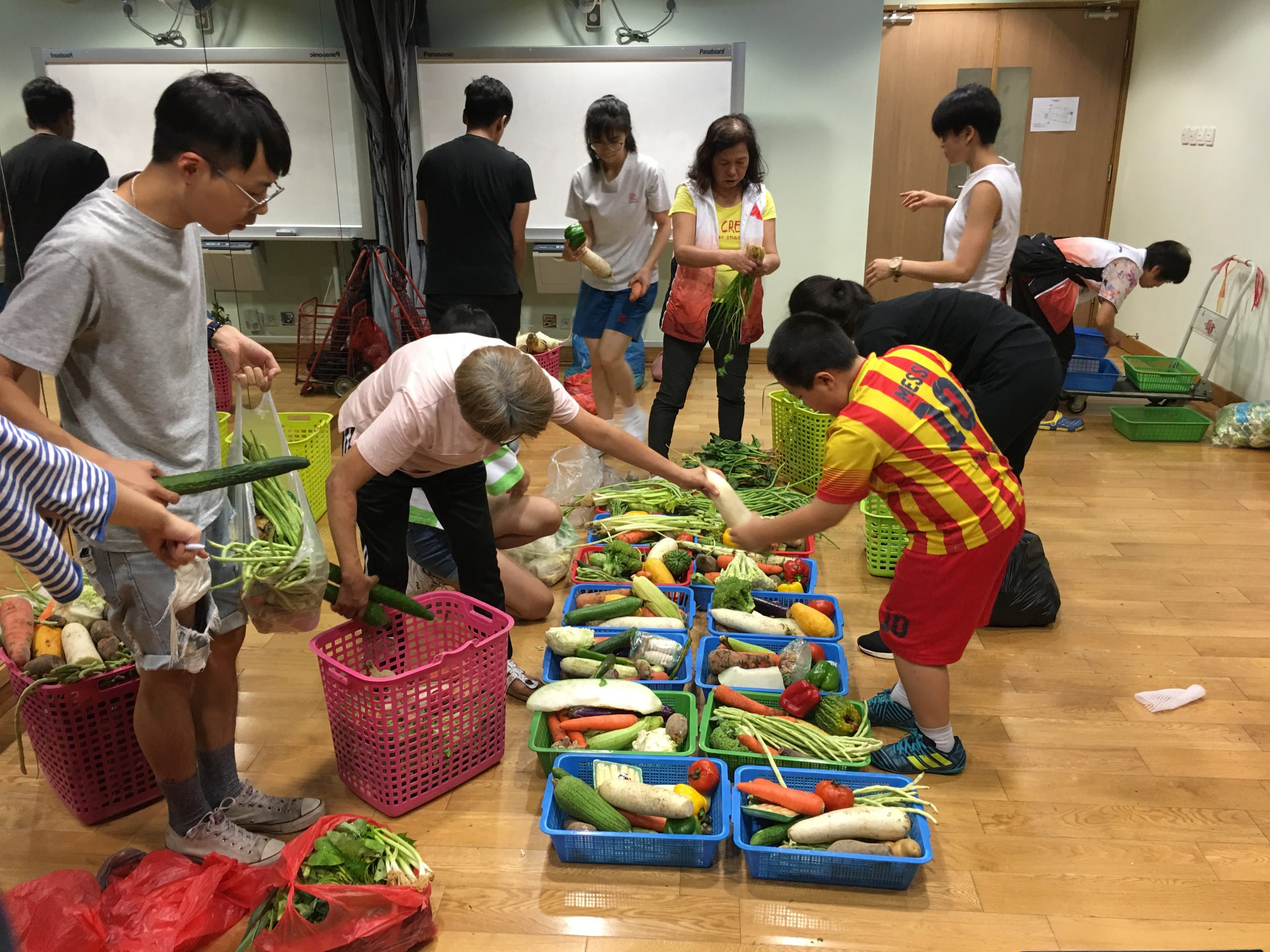
Now, Leung has left Pui Ching Middle School for further education but the team she once led will continue to work on the Leftover Vegetables Programme. She believes that she and her team have developed better awareness on saving resources as a result of the programme. For instance, to avoid wasting single-use plastic bags, the team asked for donations of clean and unwanted canvas bags from their classmates for packing the food. In just one week, they collected around 200 bags. The experience has also inspired changes in her daily life. “I am always mindful of not wasting food now,” she says. “I also remind my mother not to buy too much every time we go to the market. After all, saving resources and protecting the environment will eventually benefit all of us.”
The eco-animal lover
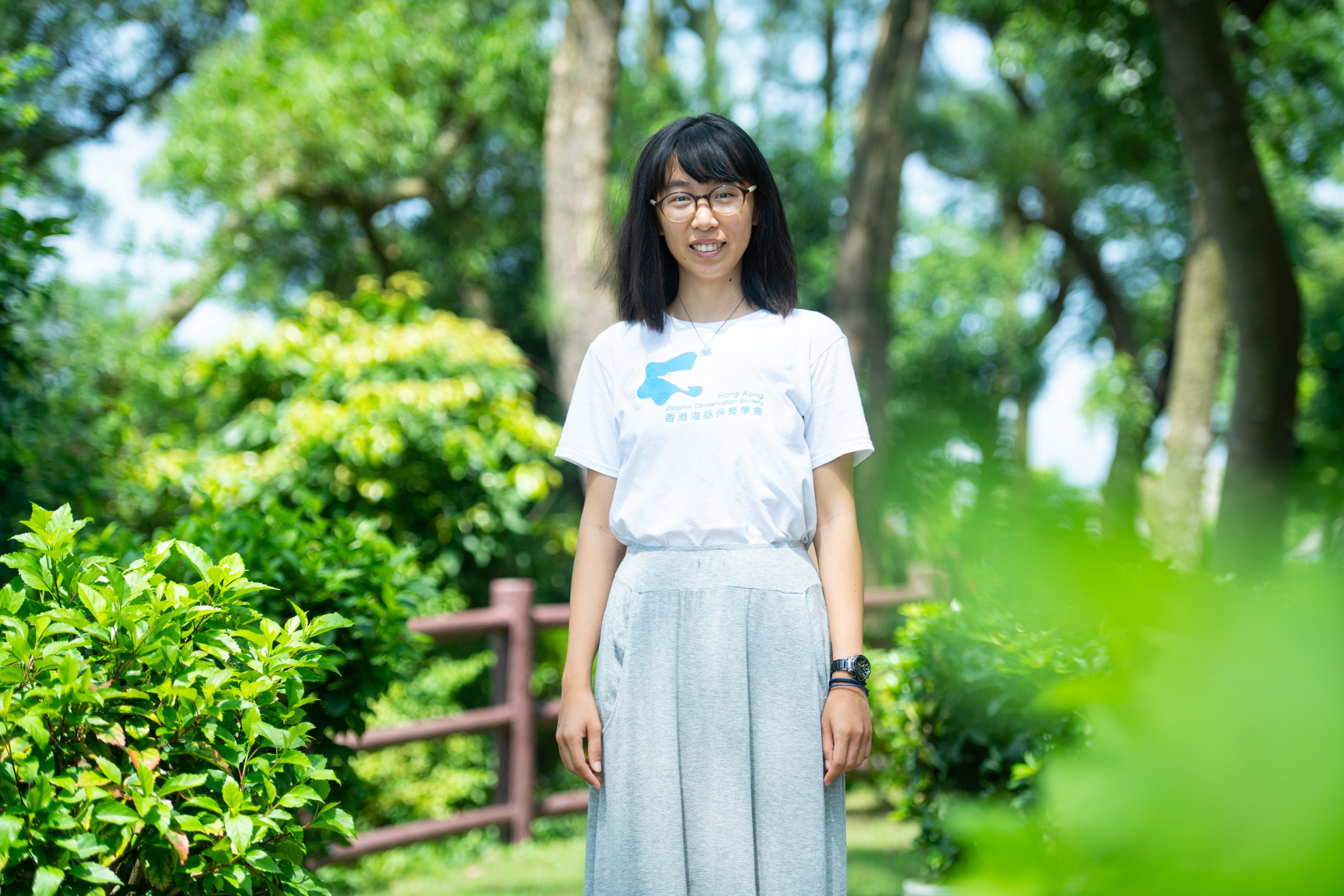
To inspire changes on long-time practices and raise awareness on neglected issues, it often requires both scientists’ hard data and advocates’ persuasion. Viena Mak thinks that her job is a perfect combination of both. Born in Macao, the 27-year-old graduated from the Chinese University of Hong Kong (CUHK) in 2013 with a degree in environmental science but a year before her graduation, she started taking part in a long-term study on Chinese white dolphins and finless porpoises in the Pearl River Delta region led by the Hong Kong Cetacean Research Project, a sister organisation of the Hong Kong Dolphin Conservation Society. “I hadn’t been too into Chinese white dolphins or cetaceans before,” she admits, “but out of curiosity in 2012, I joined a two-day workshop hosted by the Hong Kong Cetacean Research Project at CUHK and I was shocked to learn about the adversities faced by these precious creatures.”
Mak was so shocked about the plight of the dolphins that she joined the project and has been working for the organisation ever since. Although listed as a ‘Grade 1 National Key Protected Species’ on the Mainland – and named the official mascot of Hong Kong’s transferral of authority to China in 1997 – the Chinese white dolphin, which is actually pink, faces a tough battle for survival in Hong Kong’s waters every day. Its biggest threats include the frequent construction and reclamation works and the high-speed ferries travelling around their habitats. Ocean trash such as plastic debris and ghost nets may also cause accidental ingestions and injuries to the mammals. According to a report released in August by the Hong Kong government, the number of Chinese white dolphins living in the city’s waters remains ‘critically low’ at just 32 individuals. In Macao, studies have found that there were at least 70 dolphins roaming the SAR’s waters last year, according to the Municipal Affairs Bureau.
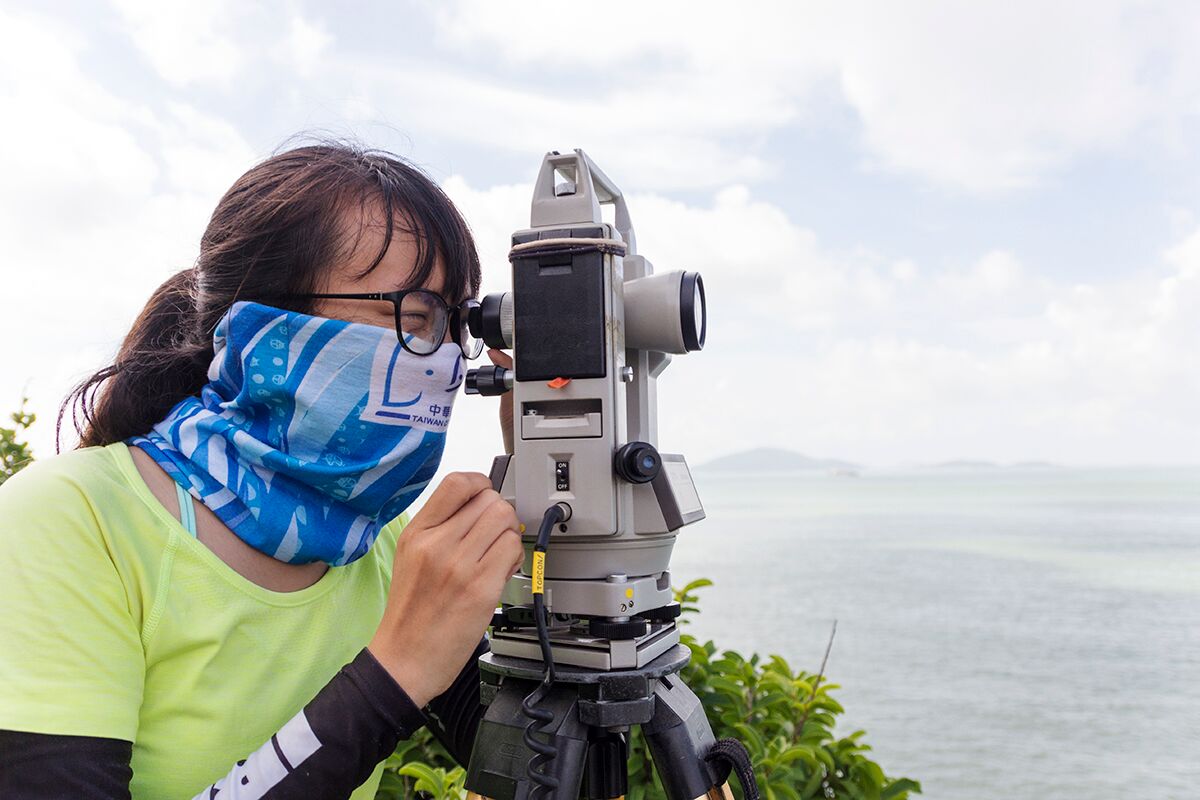
As a researcher, Mak climbs mountains and wades through the sea in order to track the dolphins living in the waters of Hong Kong. She observes their numbers, distributions and behaviours and she reckons she can now recognise more than 20 of them with her naked eyes, based on the shape of their dorsal fins and other distinctive features, such as colour patterns and scars. She also takes part in events geared towards the protection of the animals, such as exhibitions and workshops.
A lot of her work may be in Hong Kong but Mak also believes that it is important to raise awareness about the protection of the Chinese white dolphins in Macao as reclamation work and high-speed ferries are also common in our waters. In March, she was invited to give a talk at TEDxSenadoSquare alongside eight other experts from Macao in their respective fields. During the 20-minute talk, she shared her observations on the vulnerable dolphin population near the city’s waters and the threats imposed on them by humans. Since then, she has become a local personality, giving talks at universities and bookstores.
At her talks, Mak now mentions the issue of dolphins and porpoises being put into captivity for profit or entertainment. “Although Macao doesn’t have aquariums or marine parks,” she says, “it is common for the people here to visit the aquariums on the Mainland. These aquariums may not tell you that the dolphins or whales they keep were captured in their natural habitats and were coercively separated from their families. Therefore, it is important for researchers and advocates to tell children and parents the whole truth.”
The eco-scientist
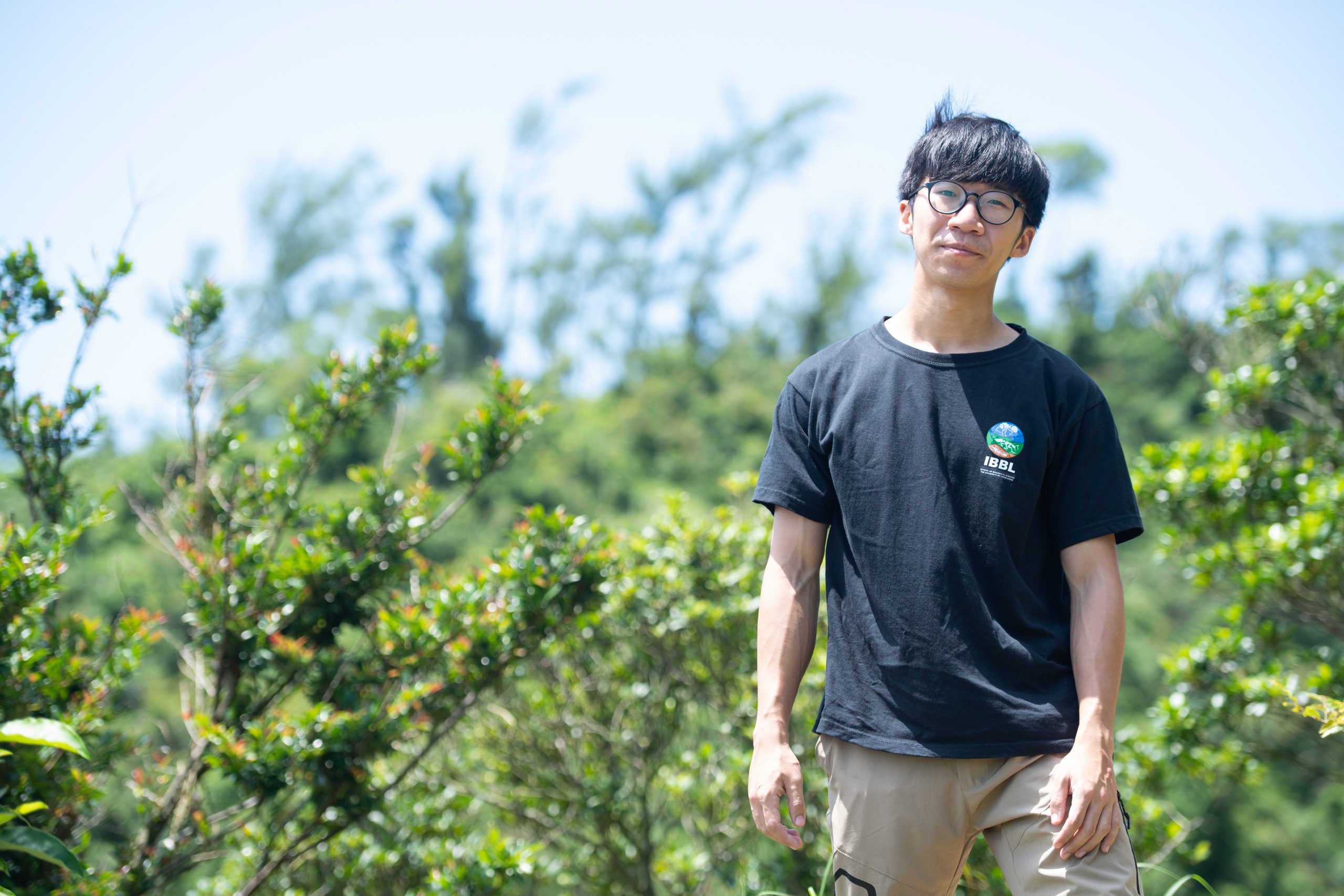
Danny Leong, another young researcher from Macao, shares the same sentiments as Mak. “I think scientists nowadays cannot just focus on researching,” he says. “They also need to share what they see and how they feel on the frontline to the public.” The 26-year-old scientist has been given the moniker of the Macao Ant Man after publishing his discovery of Leptanilla macauensis, a whole new ant species residing in Ilha Verde, a small hill situated in the northern part of the Macao peninsula. He discovered the species in 2017 while he was still studying for his Master’s in entomology at Taiwan University.
Leong is now a PhD student of ecology and biodiversity division at the University of Hong Kong and an adjunct instructor at the University of Macau. His research focus has shifted to ecology and urban planning, covering Southeast Asian cities such as Macao, Hong Kong, Taipei and Singapore. By studying how different ‘ectotherm’ species – animals that are dependant on external sources of body heat, like insects, crabs and shrimps – are affected by rising temperatures and how much canopy cover and urban green space is needed to balance out the impact of global warming, Leong seeks to identify the methods which would make an urban area ideal for living and for biodiversity conservation.
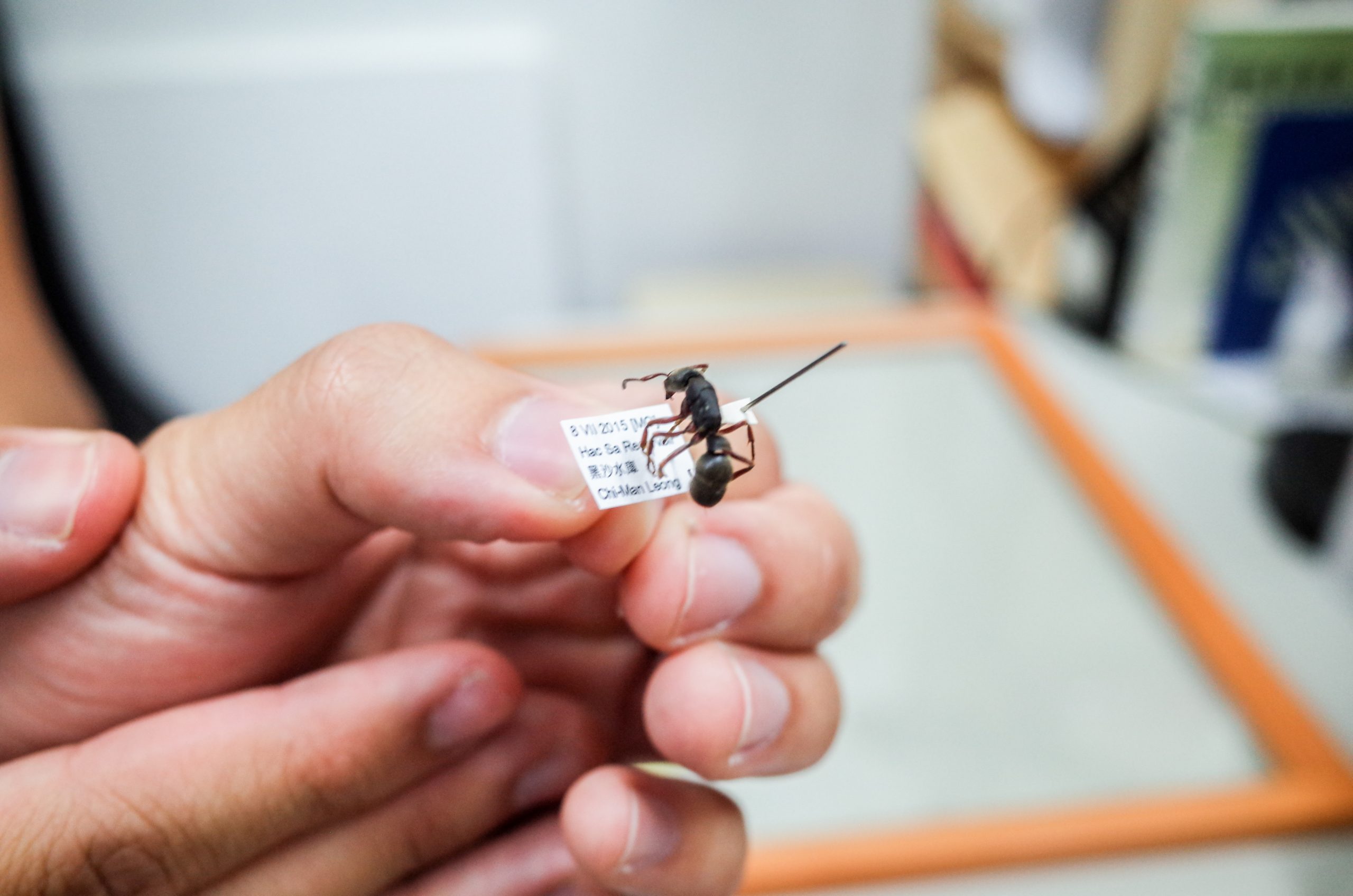
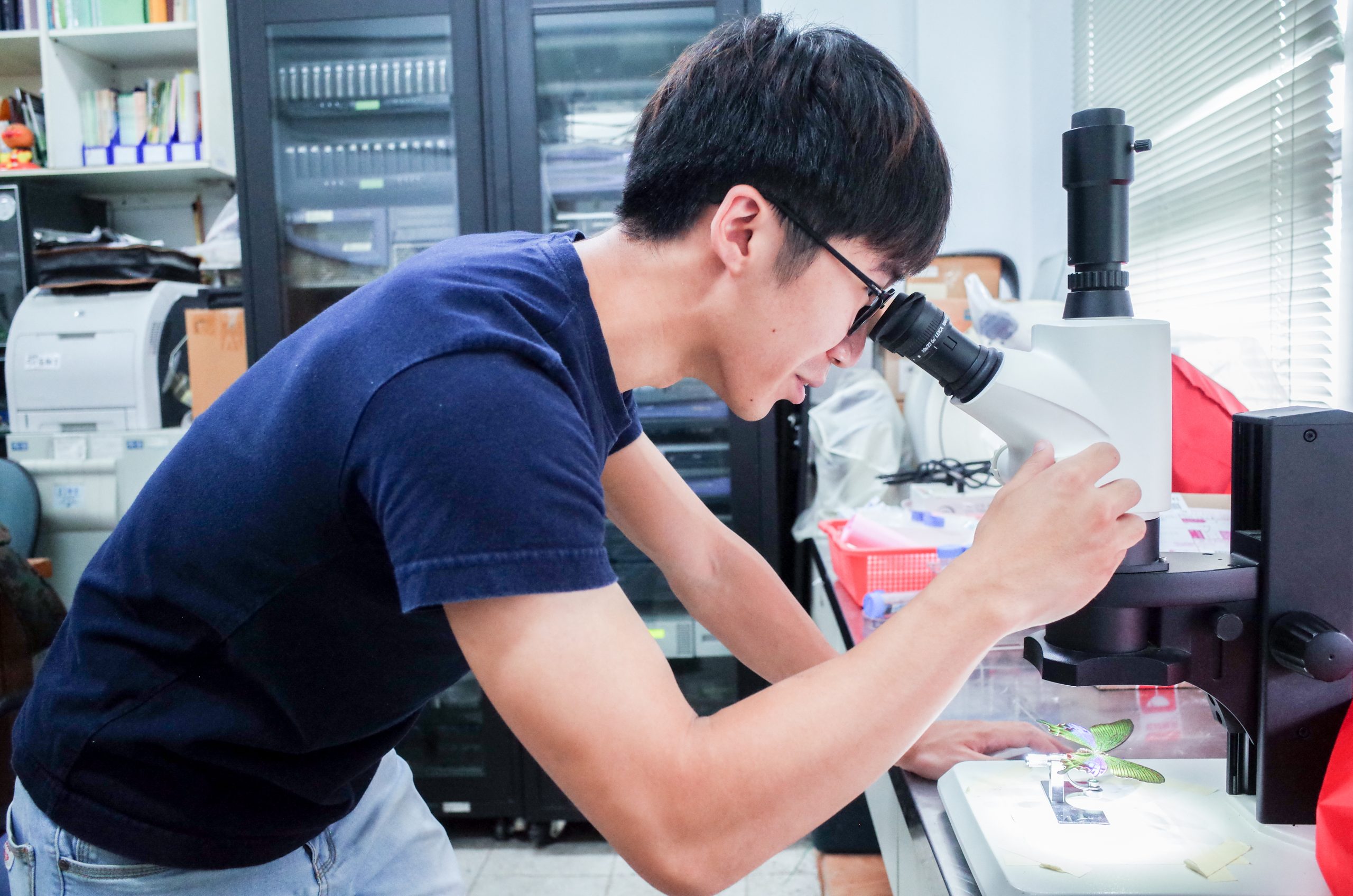
Despite a busy schedule, Leong interacts with the public, hosting talks and workshops about insect conservation and protecting ecosystems. “Insects are just a piece of the ecological puzzle,” he explains. “As a scientist, you can focus on studying one piece of the puzzle but you also need to have a caring heart for all living creatures and show people how to respect nature.” Leong says he takes part in up to seven public events each month, mainly initiated by local universities and associations.
One such meaningful activity was the Civil Scientist workshops which were held at the Macao Science Museum in the summer. Here, Leong told children and parents interesting stories about different insect species and how to identify them. He also introduced a useful mobile app, iNaturalist, which allows people to upload photos of the insects they encounter to the Global Biodiversity Information Facility, an international organisation that focuses on making scientific data on biodiversity available to all online. “This is extremely helpful for scientists who are studying urban biodiversity,” Leong stresses.
Thanks to the discovery of Leptanilla macauensis and the hard work of those who are passionate about entomological studies, Leong believes that many Macao people are now changing their attitudes towards their arthropod neighbours. To illustrate this, he claims he once helped a family who attended one of his workshops. The family had set up a breeding box for an ant queen which had accidentally entered their home. “I think in the past,” he reckons, “they would probably just have killed her.”
Leong is representative of all the young eco-warriors in Macao: he boasts a determination to plant a seed of change. He knew, at the beginning, that this seed would only reach just a few people in the city. But he persevered and now his efforts are paying off. “Everybody can play an important part in promoting science and conservation,” he says, “regardless of age and background. I hope that one day, Macao can truly become a smart city – a city that is not just focused on technology but is also eco-friendly, knowledgeable and compassionate.”
